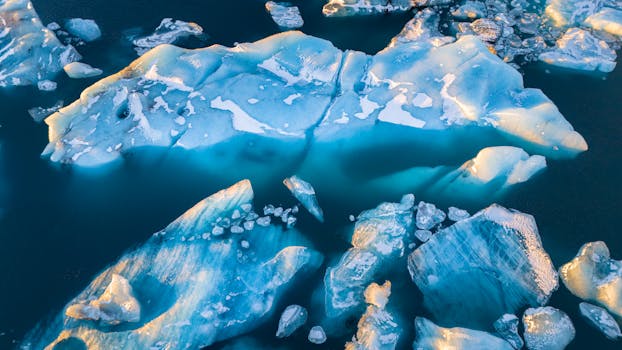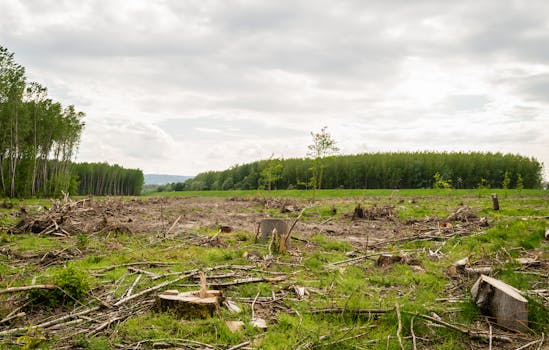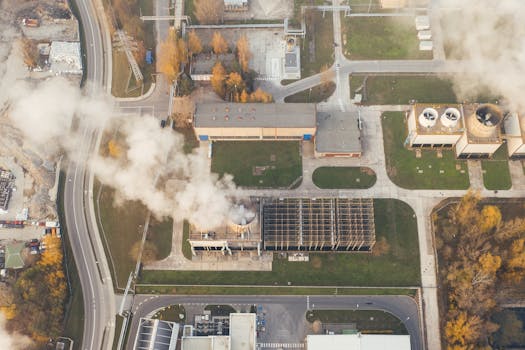
The Impact of Climate Change on Global Ecosystems
Climate Change and Global Ecosystems

Climate change is having a profound impact on global ecosystems, from rising temperatures to sea-level rise, and altering the delicate balance of nature. The impact of climate change on global ecosystems is a pressing concern, with far-reaching consequences for the health of our planet. Rising temperatures are causing melting of polar ice caps, sea-level rise, and altered precipitation patterns, leading to droughts, floods, and heatwaves.
Ecosystem Disruption
The disruption of ecosystems has severe consequences for biodiversity, as plants and animals struggle to adapt to the changing climate. Many species are shifting their ranges poleward or to higher elevations in response to changing climate conditions, leading to changes in community composition and ecosystem function. The loss of biodiversity can have cascading effects on ecosystem services, including pollination, pest control, and nutrient cycling.
Consequences of Climate Change

The consequences of climate change are widespread and varied, from more frequent and severe weather events to changes in water availability and quality. Climate change is also having a significant impact on human health, from heat stress and respiratory problems to the spread of disease and mental health issues. The economic consequences of climate change are also significant, from damage to infrastructure and agriculture to impacts on tourism and recreation.
Sea-Level Rise
Sea-level rise is one of the most significant consequences of climate change, with coastal ecosystems and communities at risk from inundation and erosion. The loss of coastal ecosystems, including mangroves, salt marshes, and seagrasses, can have significant consequences for biodiversity and ecosystem services. Sea-level rise also poses a significant threat to human settlements, from coastal cities to low-lying islands.
Responding to Climate Change

Responding to climate change requires a concerted effort from individuals, communities, and governments around the world. This includes reducing greenhouse gas emissions, through the transition to renewable energy sources and increased energy efficiency, as well as protecting and restoring natural ecosystems, such as forests, wetlands, and coastal ecosystems. Climate change mitigation and adaptation strategies can help to reduce the impacts of climate change, but require a coordinated and sustained effort.
Sustainable Development
Sustainable development is critical to responding to climate change, from reducing poverty and inequality to promoting economic growth and human well-being. The United Nations’ Sustainable Development Goals (SDGs) provide a framework for achieving sustainable development, including SDG 13 (Climate Action) and SDG 14 (Life Below Water). Achieving the SDGs will require a concerted effort from governments, businesses, and civil society, but can help to ensure a more sustainable and equitable future for all.
Conclusion

In conclusion, the impact of climate change on global ecosystems is a pressing concern, with far-reaching consequences for the health of our planet. The consequences of climate change are widespread and varied, from ecosystem disruption and biodiversity loss to human health and economic impacts. Responding to climate change requires a concerted effort from individuals, communities, and governments around the world, including reducing greenhouse gas emissions, protecting and restoring natural ecosystems, and promoting sustainable development.




